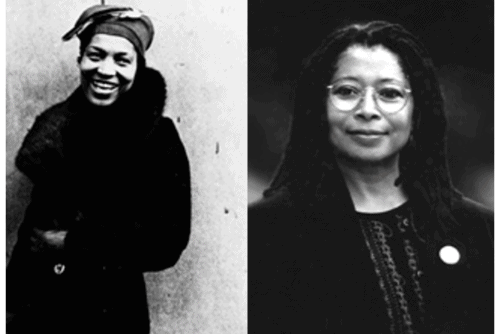Oil and Arms
Oil and arms are inextricably linked in Africa, where states are using oil revenues to fund arms purchases, and oil wealth is contributing to internal violence. The evidence comes from civil wars in Angola, Chad, Congo Republic, Nigeria, and Sudan.
The World Bank approved a $3.7 million loan to the central African country of Chad in 2000 to finance the construction of an oil pipeline by two U.S. oil companies – ExxonMobil and Chevron – to transport Chad’s oil through Cameroon to an Atlantic port. Under pressure from local, national, and international NGOs, the World Bank imposed strict conditions on the use of oil revenues and extracted promises from the Chadian government that it would use the money for economic development and social services. Instead President Idriss Deby spent $4 million of the first payment of $25 million on arms to fight insurgent forces. Oil revenues thus promise to prolong Chad’s civil war and reduce the likelihood of a peaceful resolution of the conflict. 1
In Nigeria, the relationship between oil and military rule was most obvious under General Sani Abacha. Foreign capital bankrolled Nigeria’s petroleum industry, which supplied the military rulers with money to purchase arms; in turn, military rule ensured that Nigeria’s huge foreign debt would not be repudiated. The military kept Shell’s oil fields operating and profitable, by brutally suppressing dissent and hanging MOSOP leader Ken Saro-Wiwa and others. By 1998, Nigeria was spending about $500 million annually to service its external debt. 2
In Sudan, oil has fueled ethnic cleansing, interethnic rivalries, and other human rights abuses. 3 Oil revenues amounted to $580 million in 2001, accounting for over 40 percent of total government revenue. Sudan spent 60 percent of these oil revenues on military purchases and to build a domestic arms industry. Helicopter gunships and armored combat vehicles enable the government to target and clear populations and secure the next oil concession area with roads and garrisons. This strategy can be reproduced until all oil areas and transport corridors are cleared of southerners and brought under heavy government guard – protecting the oil that paid for the guard. 4
There has been one significant victory – Talisman, the Canadian oil company that was developing Sudan’s oil fields, recently quit Sudan following intense pressure from human rights groups.
- Daniel Volman, “Oil, Arms, and Violence in Africa,” ACAS Bulletin 64 (Fall 2002).[↑]
- Okechukwu Ibeanu, “(Sp)oils of Politics: Petroleum, Politics and the Illusion of Development in the Niger Delta, Nigeria,” ACAS Bulletin 64 (Fall 2002).[↑]
- Jemera Rone, “Sudan: Oil and War,” ACAS Bulletin 64 (Fall 2002).[↑]
- Rone, “Sudan: Oil and War.”[↑]


